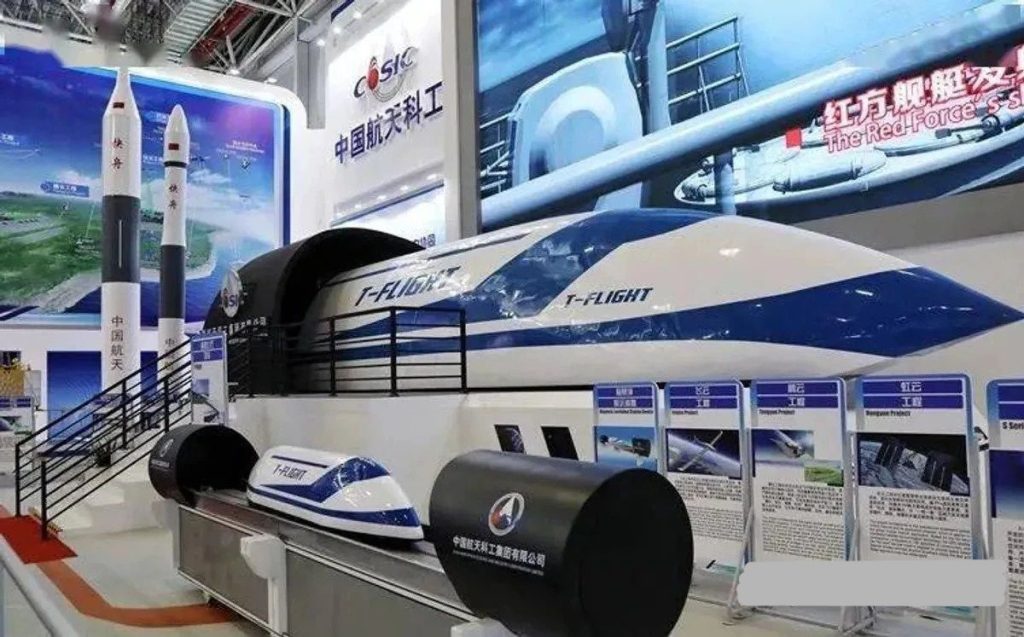
China’s hyperloop project has completed its first test runs using a full-sized passenger capsule. The test runs took place at a superconducting maglev test line in Datong, Shanxi province. The hyperloop aims to achieve speeds of 1,000 km/hr or more, making it the world’s fastest ground-based transport technology.
During the test runs, the capsule reached speeds of up to 50 km/hr and travelled a distance of 210 meters each time. Critical components, including a superconducting magnet, high-power electric systems, AI safety controls, wireless communication devices, and sensors, performed as planned during the tests, paving the way for future experiments at higher speeds.
The hyperloop’s technology relies on magnetic levitation (maglev) to eliminate friction and wear on rails, while the vacuum tube reduces air resistance, allowing for high speeds. Maintaining a low-pressure environment in the tube is one of the biggest challenges in developing this technology.
SpaceX founder Elon Musk first proposed the hyperloop concept in 2012, and since then, various companies, including Hyperloop One, have joined the race to develop the technology. However, financial and technical challenges have affected some of these projects. The China Aerospace Science and Industry Corporation (CASIC) supported China’s hyperloop project, which began construction in April of the previous year and completed its first test run a year later.
The test facility’s tube is currently 2 km in length but is expected to be extended to 60km in the future to achieve the target speed of 1,000 km/hr. If successful, this hyperloop could revolutionize transportation, offering ultra-fast travel for passengers and cargo in near-vacuum tubes.
Pingback: Ocean Gate Co-Founder's Bold Plan: 1,000 -People Venus Colony
Pingback: Ozempic's Latest Side Effect: Potential Cause of Stomach Paralysis
Can you be more specific about the content of your article? After reading it, I still have some doubts. Hope you can help me.